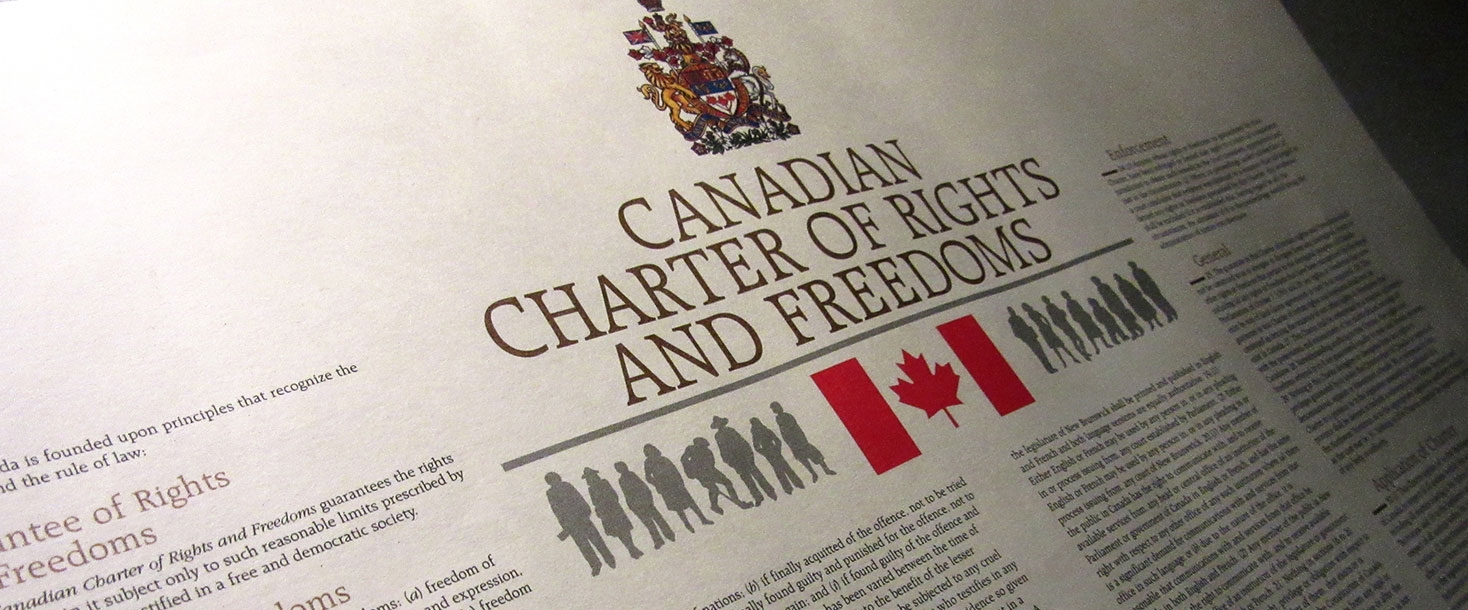Human Rights Law in Alberta
Human Rights in Alberta
Human Rights laws protect individuals from discriminatory treatment by the government and the private sector. This differs from the Charter, which protects various rights and freedoms from government action only (see discussion of your Charter rights and freedoms here).
The human rights laws applicable to Albertans are outlined below.
Provincial Human Rights Law
Each province has a provincial body that protects individuals against discrimination. In Alberta, this is the Alberta Human Rights Commission (AHRC). The Alberta Human Rights Commission is an administrative body responsible for administering the Alberta Human Rights Act (AHRA). The AHRA applies to the actions of the provincial government, and the private sector in Alberta.
The AHRA protects individuals from discrimination that occurs on certain grounds, in connection with specific activities. These grounds and activities are as follows:
Grounds: race, colour, ancestry, place of origin, religious beliefs, gender (including pregnancy, sexual harassment, and gender identity), physical disability, mental disability, marital status, family status, source of income, and sexual orientation.
Activities: notices (including newspaper ads, posters, publications, etc); goods, services, accommodation or facilities customarily available to the public; employment practices or employment advertising; tenancy; and membership in a trade union.
Defences
The AHRA also sets out defences that an party accused of discrimination can rely on. For instance, an employer is permitted to impose restrictions that are a bona fide occupational requirement for the job. In addition, a person who discriminates may be able to prove that the discrimination was reasonable and justifiable under the circumstances (AHRA, s. 11).
Employers, shop owners and landlords are obligated to adapt or adjust facilities, services or employment requirements to meet the needs of an individual or a group protected by human rights laws (known as the duty to accommodate). For example, certain restaurants and shops may be required to make their facilities wheelchair accessible. However, the person's right to not be discriminated against must be balanced against the service provider's right to conduct business in a safe and cost-effective manner. If this person can establish that accommodating the needs of another person would result in undue hardship, the service provider would be able to rely on the defences outlined above.
Remedies
Unlike Canada's criminal law, which has punishment as a purpose, the AHRA is not meant to punish offenders; it is intended to provide relief for victims of discrimination. Since the AHRA is not meant to punish, large monetary awards are not usually made. For example, in a case of sexual harassment, the Human Rights Tribunal may order the employer, landlord or service provider to: apologize, establish a sexual harassment policy, post notices which say sexual harassment is illegal, pay an individual for lost wages and psychological harm, and/or reinstate an employee to a position.
For information on how to launch a complaint with the AHRC click here, or visit their website here.
Federal Human Rights Law
You would launch your complaint with the Canadian Human Rights Commission (CHRC) if the treatment you complain of was caused by the federal government or a federally-regulated business (including federal departments, agencies and crown corporations; chartered banks; airlines; television and radio stations; interprovincial communication and telephone companies; buses and railways that travel between provinces; first nations issues; and other federally regulated industries).
The CHRC is established by the Canadian Human Rights Act and operates similarly (but not identically) to the AHRC.
Like the AHRC, the CHRC is limited in that it protects people from discrimination on particular grounds in association with specific activities including:
Grounds: race, national or ethnic origin, colour, religion, age, sex, sexual orientation, marital status, family status, disability, or a conviction for which a pardon has been granted or a record suspended.
Activities: goods, services, accommodation or facilities customarily available to the public; tenancy; employment practices or employment advertising; membership in employee organizations; notices (including newspaper ads, posters, publications, etc); harassment; retaliation.
Defences
Also like the AHRC, a party accused of discrimination has certain defences available to them. An employer is permitted to impose restrictions that are a bona fide occupational requirement, and a person who discriminates may be able to demonstrate that the discrimination was reasonable and justifiable in the circumstances.
While employers, shop owners and landlords are obligated to adapt or adjust facilities, services or employment requirements to meet the needs of an individual or a group protected by human rights laws, the this accommodation is limited if it would cause undue hardship.
Remedies
The CHRC grants remedies in a way similar to the AHRC. Instead of large monetary awards, remedies are geared to providing relief and correcting the discriminatory behaviour. The CHRC may order a discriminating party to:
change its policies or practices, or create human rights policies,
pay you for lost wages or give you your job back,
take human rights awareness training, or pay you for pain and suffering up to a maximum of $20,000, and any losses caused by the discrimination,
pay you up to a maximum of $20,000 for reckless or willful discrimination.
For more information on filing a human rights complaint before the Canadian Human Rights Commission, click here or view their website here.
